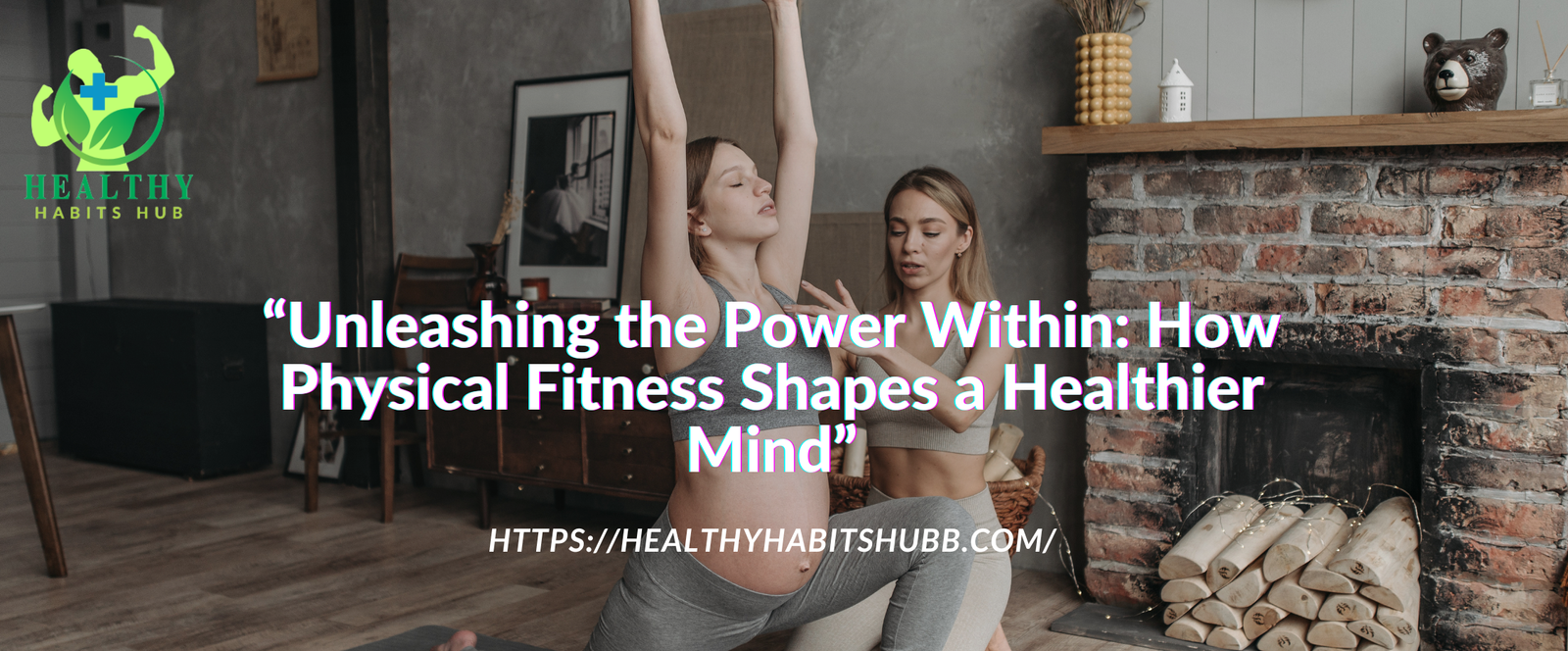Unleashing the Power Within: How Physical Fitness Shapes a Healthier Mind
In today’s fast-moving, digitally connected world, it’s all too tempting to become swept up in the maelstrom of daily life. Deadlines threaten, notifications buzz, and the ongoing stress of performing can take its toll, not only on our bodies, but on our minds as well. Though we tend to emphasize the concrete advantages of physical fitness – stronger muscles, a healthier heart, a leaner body – the deep effect it has on our mental health tends to go unnoticed.
But imagine if I told you that tying your shoelaces, going to the gym, or even walking briskly could be a great stress-busting, anxiety-shedding, and even depression-fighting solution. The link between our body and mind is much stronger than we tend to think. Regular exercise is not merely about being fit; it’s about being fit in the mind as well.
Let’s move on to explore in greater detail the remarkable ways through which bodily fitness serves as a foundation for a strong and resistant mind.
The Neurochemical Symphony: Exercise as a Natural Mood Booster
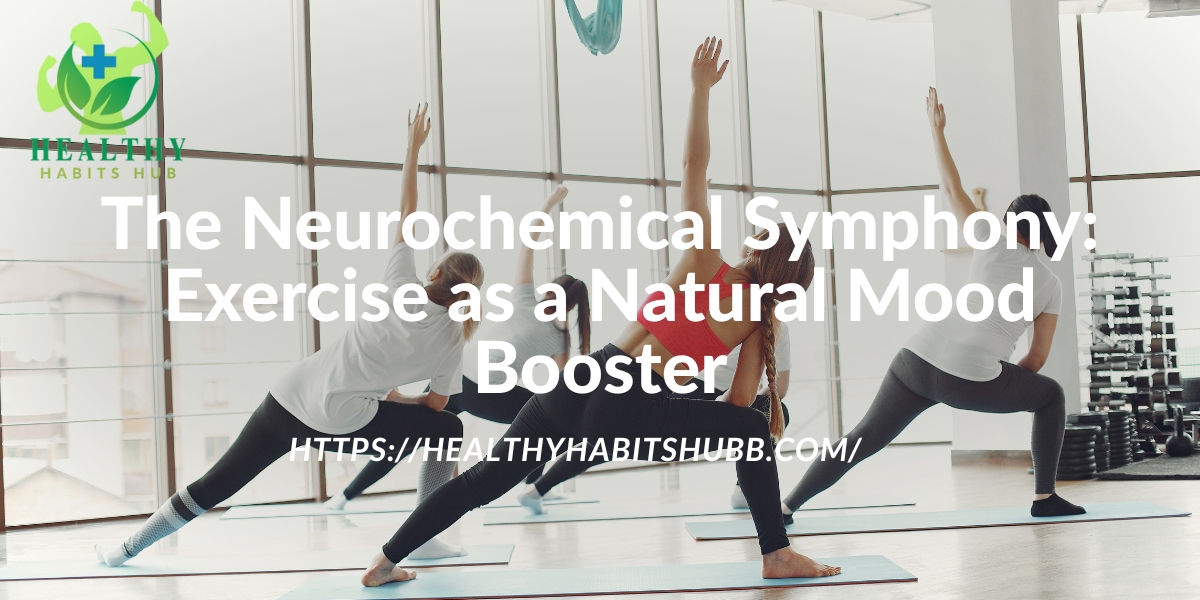
Imagine your brain like a fine orchestra, continuously creating and maintaining a symphony of neurochemicals that determine your mood, emotions, and general state of mind. Exercise plays the role of an expert conductor, tuning this orchestra to produce a balanced and harmonious mental state.
Physical activity is one of the most widely recognized benefits of physical exercise, as it is able to initiate the release of endorphins. Generally called “feel-good” chemicals, endorphins are natural painkillers and mood boosters. When you exercise, your body undergoes a mild stress response, triggering the release of these potent neurochemicals. With increasing levels of endorphins, you may feel a euphoric state, diminished pain perception, and overall enhanced mood. This “runner’s high,” while not unique to running, is a testament to the powerful mood-altering effects of exercise. In addition to endorphins, exercise has an impact on other important neurotransmitters. As a regular occurrence, physical exercise has been documented to raise serotonin levels, one of the key neurotransmitters in regulating mood, sleep, hunger, and digestion. Depressive disorders and anxiety disorders are normally associated with abnormally low serotonin levels. Since exercise can support the production of serotonin, the emotional state would be more positive and stable.
Additionally, exercise contributes to the generation and modulation of dopamine, a neurotransmitter linked to reward, motivation, and pleasure. Physical activity has the ability to induce the release of dopamine, producing feelings of satisfaction and achievement, which can help counteract feelings of listlessness and lack of motivation commonly found in mental health issues.
Stress Buster Extraordinaire: Breaking Down Tension Through Movement
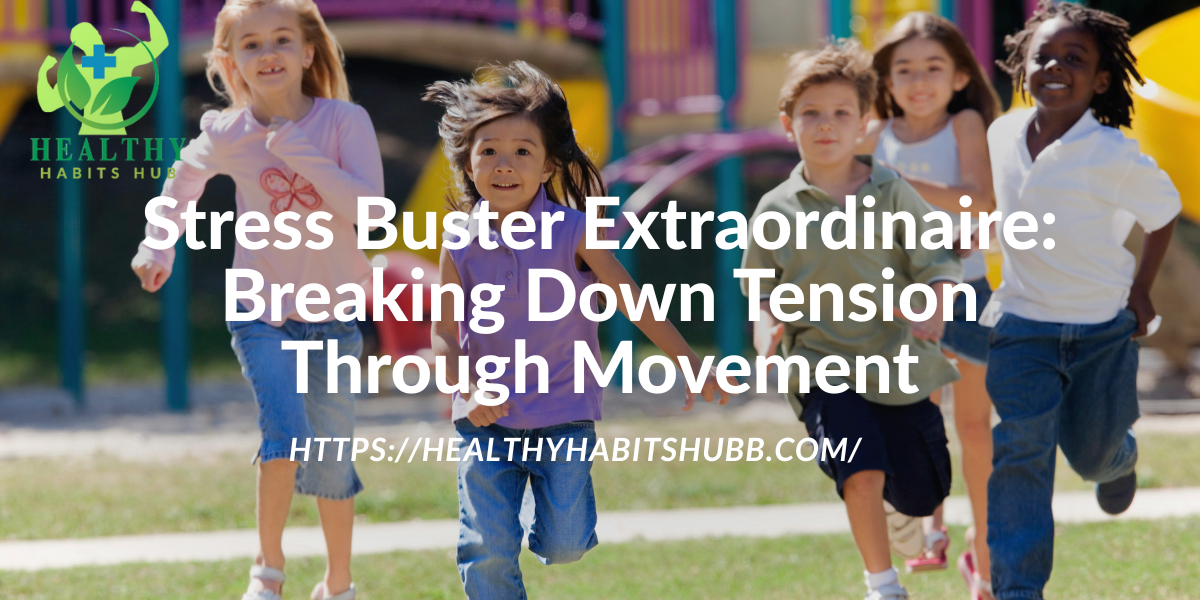
In today’s demanding world, stress has become an unwelcome companion for many. Chronic stress can wreak havoc on both our physical and mental health, contributing to anxiety, depression, sleep disturbances, and a weakened immune system. Fortunately, physical fitness offers a powerful and healthy outlet for managing and mitigating the effects of stress.
When you exercise, your body turns on its stress response system and releases stress hormones such as cortisol and adrenaline. But in contrast with chronic stress where these hormones are constantly elevated, exercise offers a natural means of processing and releasing them. When you move your body, you’re really “burning off” the excess stress hormones and balancing your system.
Additionally, working out creates an invaluable diversion from sources of day-to-day stress. While concentrating on your runner’s pace, your exercise level, or perfecting the lift in a novel pose, you permit your thoughts the possibility to withdraw temporarily from daily fretting and anxious thought processes. Inward time from pressure points to heal, as they allow your returns with stronger clarity of view and self-calmness.
Mindful movement disciplines such as Tai Chi and yoga advance this stress-reducing advantage one step further. Tai Chi and yoga integrate body postures with managed breathing and concentrated attention, generating a profound feeling of relaxation and inner calm. Through developing the present moment awareness in movement, you can learn to manage stress responses more effectively and develop a greater sense of calm.
Sharpening the Mind: Exercise as Cognitive Enhancer
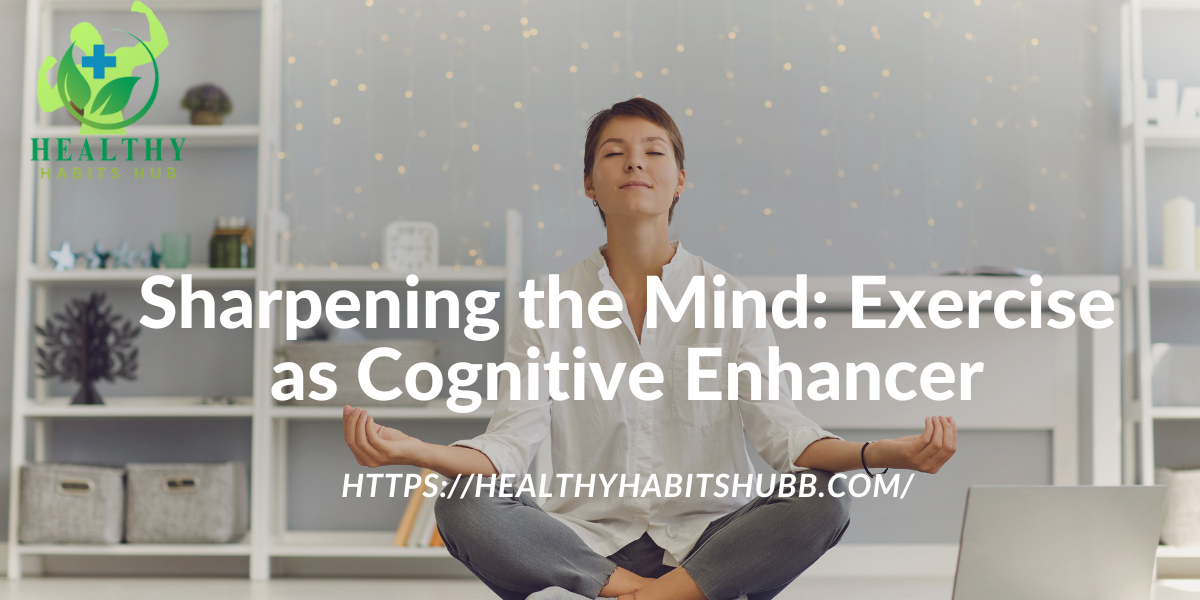
The advantages of physical fitness reach far beyond emotional well-being; they also significantly influence our cognitive skills. As exercise makes our muscles stronger, so does it make our brain stronger, which boosts a range of different cognitive functions.
Research has repeatedly demonstrated that exercise can enhance memory, attention, and executive functions – higher-order cognitive abilities that involve planning, organization, and problem-solving. This is partly because exercise boosts blood flow to the brain, bringing more oxygen and nutrients necessary for optimal brain function.
In addition, exercise facilitates the formation of new brain cells within the hippocampus, an area of the brain that is important for learning and memory. This neurogenesis can be used to offset age-related cognitive decline and may even contribute to protection against neurodegenerative diseases such as Alzheimer’s.
For kids and teens, exercise is especially crucial for brain growth and school performance. Physical activity can enhance concentration, attention, and overall brain function, resulting in improved learning and academic achievement.
Sleep Sanctuary: Paving the Way for Restful Nights
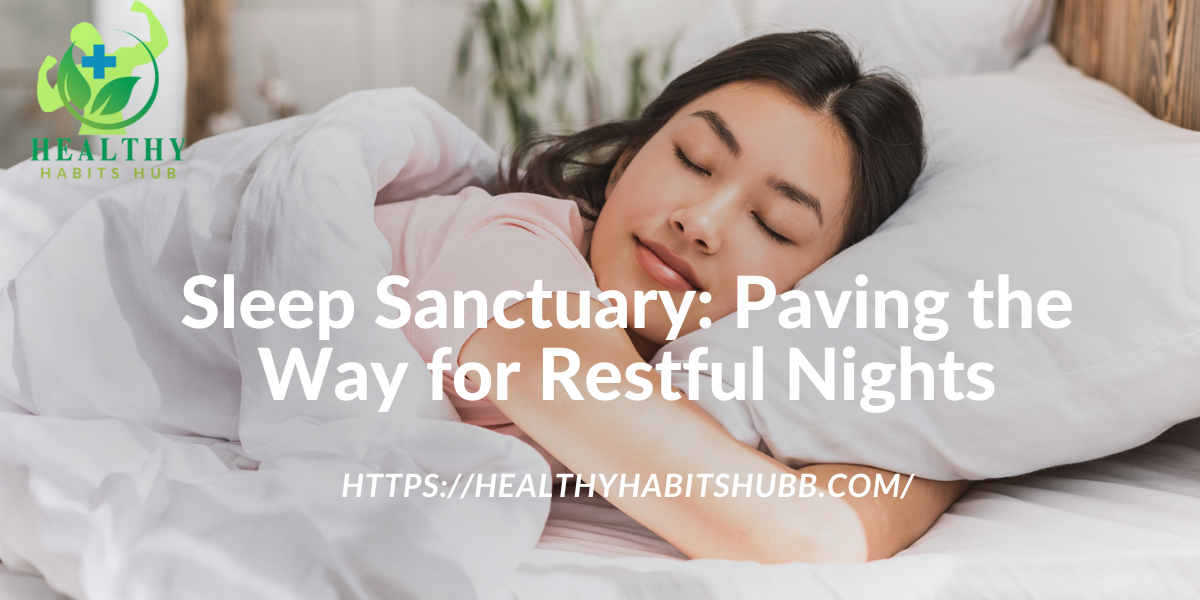
Good sleep is essential to both our physical and mental well-being. A lack of sleep or disrupted sleep results in fatigue, irritability, difficulty with concentration, and a heightened risk of mood disorders. Exercise can be a strong partner in obtaining more restful and restorative sleep.
Daily exercise can assist in balancing your body’s natural sleep-wake cycle, or circadian rhythm. By burning off energy during the day, you can induce fatigue and make falling asleep easier at night. Exercise can also enhance the quality of your sleep, resulting in more time spent in deep, restorative sleep.
But pay attention to the timing of your exercise. Although regular exercise is usually good for sleep, vigorous exercise too close to bedtime can have a stimulating impact and make it more difficult to fall asleep. It’s best to avoid heavy exercise within 2-3 hours of sleeping.
Building Resilience: Exercise as a Buffer to Mental Illness
Cumulatively, the benefits of enhanced mood, stress reduction, enhanced cognition, and enhanced sleep offer a sense of enhanced well-being and resilience. Exercise is a habit that can serve as a buffer to the onset and exacerbation of a variety of mental illness challenges.
Experiments have indicated that exercise can be an effective adjunctive treatment for depression and also for anxiety disorders. In the case of mild to moderate depression, the disease can be well treated with exercise alone. Exercise can be a supplement to regular treatments such as therapy and drugs in the case of severe disease, increasing their effectiveness and allowing long-term healing.
In addition, exercise can induce a feeling of mastery and self-efficacy. As you successfully attain fitness achievements, such as running a distance, lifting a weight, or learning a new skill, you feel confident in your capability and a growing sense of belief in your capability of accomplishment over adversity. This empowerment factor can be a precious commodity in coping with the frustrations of life and developing resistance to mental health adversity.
Finding Your Movement: Getting Active for a Healthier Brain
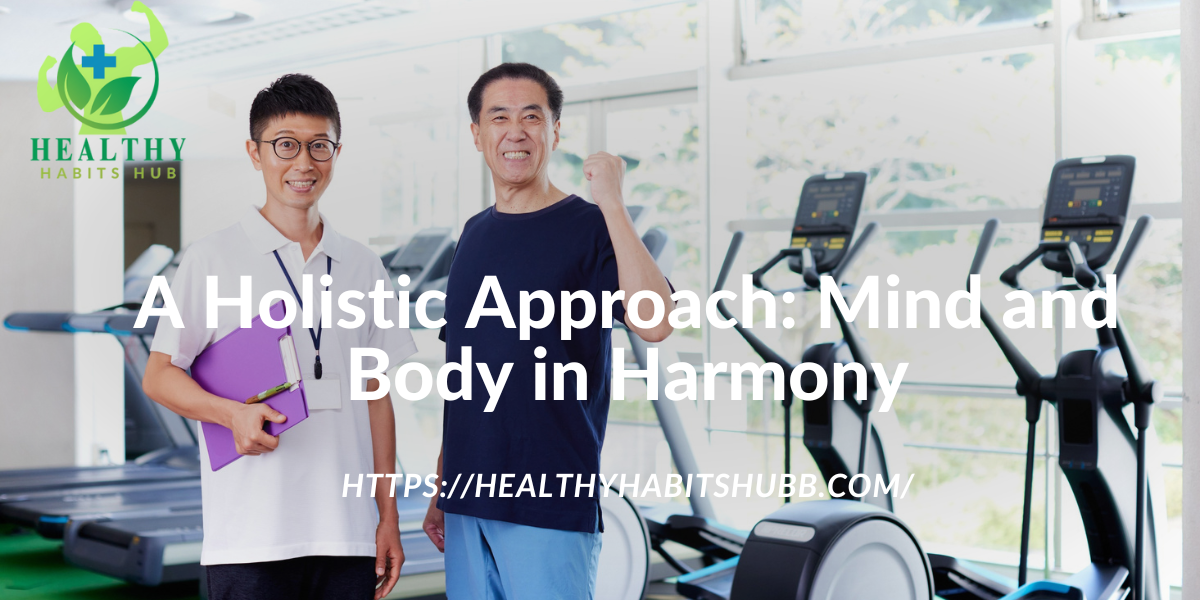
The best part is, you don’t have to be a marathon runner or a gym rat to experience the mental benefits of exercise. Even moderate exercise, when performed on a regular basis, can have a significant effect on your health.
Some ideas to get you started:
- Find activities you enjoy: Either dance, swim, hike, bike, or simply walk briskly, find activities you enjoy and which your lifestyle can accommodate.
- Make regular attempts: Brief sessions of physical activity during the day can still be helpful. Attempt at least 150 minutes of moderate-intensity aerobic activity or 75 minutes of vigorous-intensity aerobic activity a week, and muscle-strengthening activities at least two days a week.
- Make it social: Exercise with a friend or family member, as this can be motivating and fun.
- Listen to your body: Slowly begin with slow and then gradually increase the intensity and length of your exercise. Do not work so hard, particularly if you are beginning.
- Add movement to daily routine: Take stairs rather than elevators, walk or cycle for small tasks, or stand up and stretch often if your job is a sedentary one.
A Holistic Approach: Mind and Body in Harmony
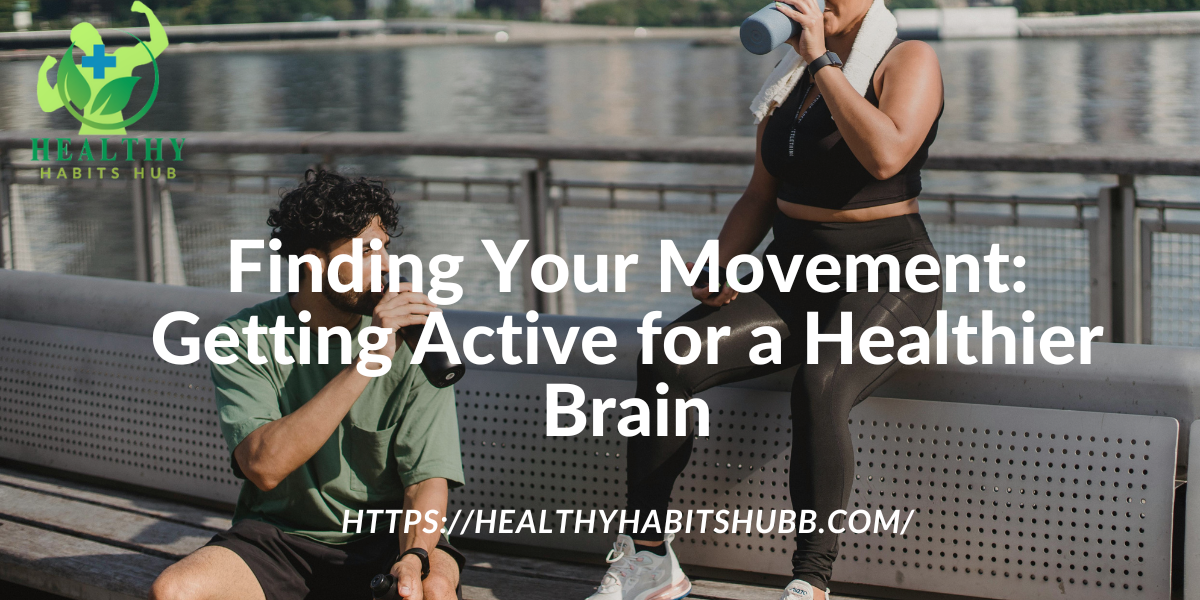
Finally, realizing the deep interconnection between physical health and mental health is at the heart of accepting a holistic approach to wellness. By making physical activity a priority, we are not merely betting on our bodies; we are betting on our mental and emotional strength directly.
So the next time you are held back, aggravated, or simply need a pick-me-up, recall the magic that is locked up in movement. Lace up your shoes, take to the great outdoors, and tap the amazing ability of your body to shape a healthier, happier mind. The path to a healthier mind can be one step.

